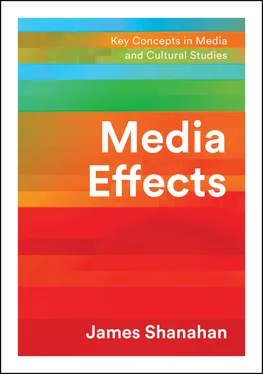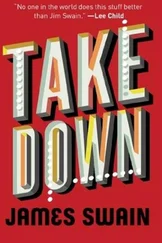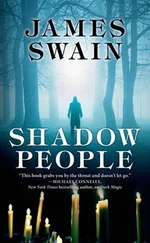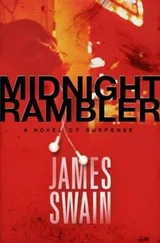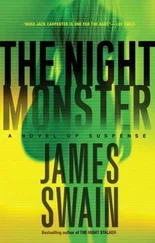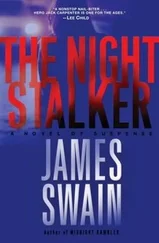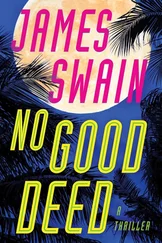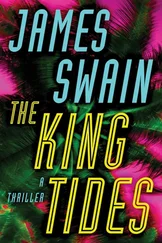For further information on Polity, visit our website: politybooks.com
Figures and Tables
Figures
1Appearance of the terms “mass communication” and “media effects” in books in English (as a % of total)
2Number of studies appearing in Web of Science focused on “narrative persuasion,” by year
3Number of communication studies appearing in Web of Science focused on “framing,” by year
4Percentage of light, medium, and heavy viewers saying we are not spending enough on crime
5Survey responses to the question “It’s better for the man to work and the woman to stay home” (% strongly disagreeing)
6Percentage of female and male characters in network TV series, 1967–2015
7Percentage of female TV characters, compared to responses on survey item, “It’s better for the man to work and the woman to stay home” (% strongly disagreeing)
8Representation of whites and blacks in US network TV shows
9Percentage of black characters on network TV, and % saying that we are not spending enough as a nation to improve conditions for black citizens
10Example of mainstreaming; percentage of people that think crime is a “personal problem,” by TV viewership and income
1Aspects of message system analysis
2LGBT characters in national television, as a percentage of all characters
This book is not really a textbook. There are several fine textbooks or handbooks that deal with media effects that any student should have. I use them regularly in my own work and have contributed to some of them throughout the years. While this book attempts to provide a broad view of the field, it is also an attempt to resolve some of my own dissatisfactions with it. Chief among these has been the fact that people doing different kinds of work that bear on questions of media effect don’t seem to talk to each other. The separation of scholars into “schools” that value their own approach seems to go against the grain of the fact that none of these schools has produced work – taken on its own – outstanding enough to warrant its being called a “paradigm” for media effects research. Given this, one would think there is ample room for scholars of different methodological stripes to work with each other. Our schools of thought, as well as our actual schools, should do more to encourage this cross-fertilization.
A second issue is frustration with the fact that media effects often seems to ignore its most salient aspect, its content. The evolution of communication study broadly, and media effects specifically, means that the field came into being as an intersection of other fields, borrowing methods and philosophies from them, even as those other fields were more focused on the content that media scholars were also studying. Thus, media scholars were more likely to be able to say something about the media instantiations of various messages, leaving observations about how the messages themselves could affect people to those with expertise in the content areas of those messages. But we have learned that it is difficult to speak about form without reference to content, and in fact, in the end, many media effects theories really are about content anyway, just as much as form. In this book, I draw attention to what is really becoming obvious about media effects, which is that media’s impact on people is heavily involved with narrative, the foremost way in which people receive and understand information of any kind.
This is a good place to make a disclaimer. This book is not by any means intended to be an exhaustive review of the field. As noted above, there are some good texts that already do a very good job of presenting the wide variety of theories, approaches, and methods that have been used throughout the years. An example of a good encyclopedic source would be Oliver, Raney, and Bryant’s Media effects: Advances in theory and research (2019), which is updated periodically to present new work in the major sectors of the field. The purpose of this book, within the goals of this series, is to present an accessible and concise account of the field, anchored by a unifying construct that links subfields that don’t often talk to each other.
To create this construct, we focus mainly on media effects through the lens of narrative. As we will see, an important aspect of narrative is the selection of what will be presented, along with the many things that will not be included within the narrative. In this book, some things have been given short shrift along the way, including once-contemplated chapters focusing solely on sex/gender and politics. We can return to those at a later time. There has also been a larger-than-originally-intended focus on work from my own areas of interest (cultivation and cultural indicators), perhaps inevitably as I structure the media effects narrative from my own experience. As any author discovers, though, you end up writing what you can write, a realization that becomes a useful addition to the admonition to “write what you know.”
Ultimately, this book is my own idiosyncratic storyline through the field of media effects. It won’t replace any of the standard texts, but I do hope that it will leave clues for some as to new avenues that can be pursued, or even help generate new attitudes and states of mind that can be fruitful for new groups of scholars that are examining these now age-old questions about media, even as we move into confusing new media environments.
This book was written in between other things. All of it has been done while I have been Dean at the Media School at Indiana University. Having such a wonderful staff at the Media School means that it has been possible to find some time between the “other things” to write. I should especially mention only a few individuals, at the expense of excluding others, who have been such valuable colleagues: Betsi Grabe, a wonderful associate dean and fantastic media scholar; Scott Feickert, who runs the Media School admirably; Patsy Ek, who is a financial whiz; and Emily Harrison, who generates the money we need to run the School. My thanks also to Walt Gantz. BJ Ferrand is the best. All of our staff and many colleagues at the Media School can take some credit, though none of the responsibility, for the book.
A lot of the book was written during a stretch in Old Forge, NY, a fine and hospitable Adirondack community. The Old Forge Library, and its director Linda Weal, provided a wonderful environment for writing. Ron Rakowski was a gracious host, and his neighbor Paul McKinney also made it a friendly place to stay for writing and other “activities.” To the Farmers of Old Forge, a fond tip of the hat.
The very last parts of the book were written in Maine, at an undisclosed location. The Wappler family, too close to be called a second family, were gracious hosts in providing a place of constant welcome and return. I hope the book reflects some of the stimulating conversations that have been held at the Lodge over the last 40+ years. Thanks and love to Reinhold, Peter, Barbara, Shel (RIP), Will, Sam, Ivy, Sarah, Cary, Ella, Aurora, Hazy, Amy, Jane (RIP), Sarah Ivy, and Karen.
It’s important to mention two colleagues. Michael Morgan was a wonderful doctoral adviser, and continues to be my best collaborator. It’s better to say that I collaborate with him , since he generates so many (most really) of the important ideas that we work with. Also, I must mention Nancy Signorielli, a key figure not just in media effects but also in the advancement of women in academia. She is a terrific and generous collaborator.
Читать дальше
